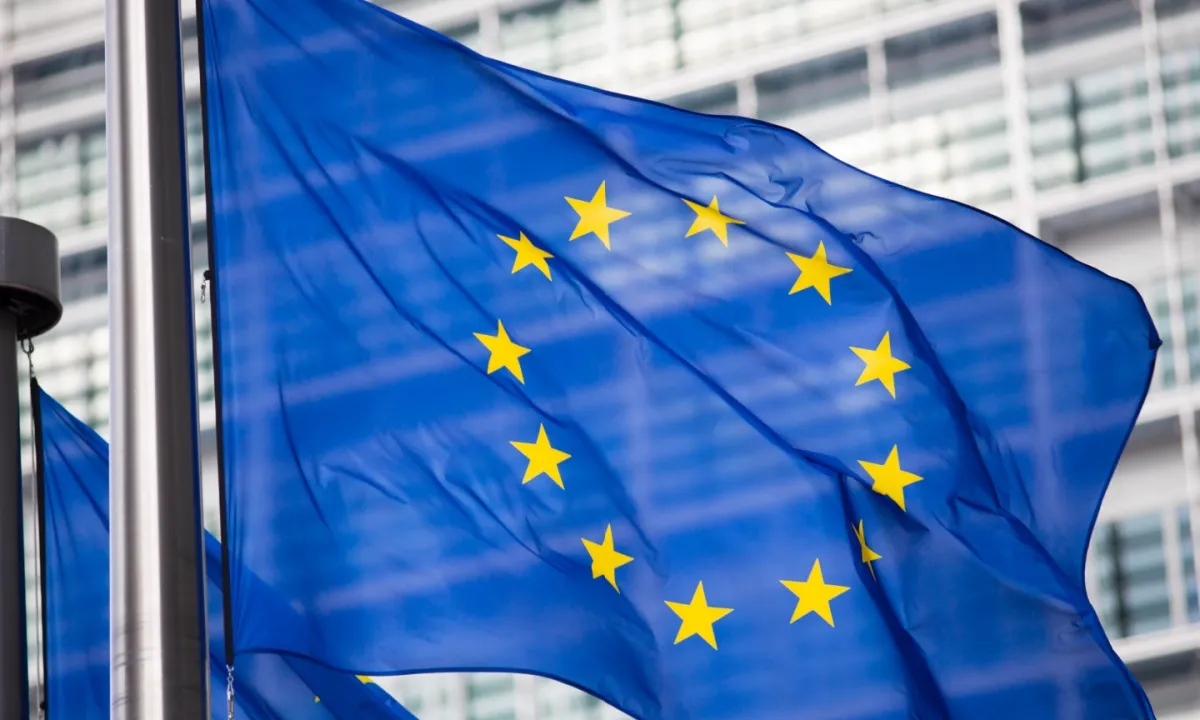The European Environment Agency (EEA) has raised urgent concerns about the impact of climate change and environmental degradation on Europe’s natural resources and economic security. According to the EEA’s latest report, over 80% of protected habitats are in poor condition, primarily due to factors like overexploitation, pollution, and invasive species. This decline is notably affecting biodiversity within the food system, while water resources face significant stress.
Europe is currently recognized as the fastest-warming continent, experiencing severe droughts and extreme weather events. These climate changes worsen existing issues such as habitat degradation and pollution, with the EEA warning that the opportunity for effective action is dwindling. The agency highlights the risk of reaching critical tipping points in both ecological and socio-economic systems.
Internal divisions among EU member states—especially between wealthier and poorer nations—have led to delays in updating emissions reduction targets, putting the EU on a trajectory to miss a crucial global deadline for these adjustments. The EEA’s report, titled “Europe’s environment 2025,” emphasizes the urgent need to tackle these challenges to prevent further degradation of Europe’s natural resources and ensure its future economic stability.
The EEA calls for collaboration among EU member states to enhance environmental policies and invest in sustainable practices as a means to combat the effects of climate change and pollution. If decisive action is not taken, Europe could face irreversible damage to its ecosystems and a decline in the quality of life for its citizens, highlighting the need for immediate and concerted efforts to safeguard the environment.











I think the EU should focus more on implementing concrete actions rather than just warnings. Time to walk the talk!
EU needs to take urgent action! Our environment is at risk and we cant afford to ignore it any longer. #ClimateChange
I dont get why some people still deny climate change when even the EU is warning us. Like, are we really that oblivious?
Wow, EU needs to take serious action on climate change and pollution! Our future depends on it. #SaveOurPlanet 🌍🌿
EU needs to take drastic action NOW! Our planet is dying and we cant afford to wait any longer. Time to prioritize the environment!
Is it just me or does it feel like were running out of time to save our environment? Lets step up and make a change!
I dont buy this whole climate change panic. Europe has been around for centuries, itll survive a few more degrees.
I cant believe some still deny climate changes impact on Europe. Its time to wake up and take action!